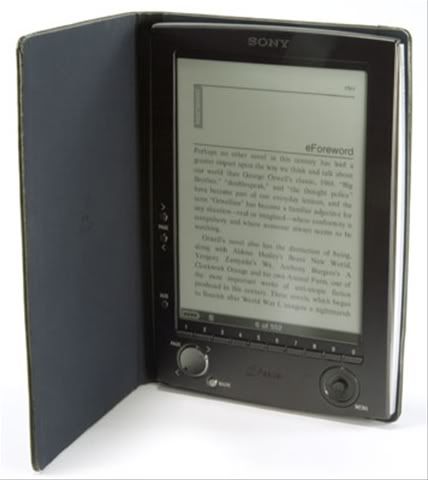I am running a range of creative writing courses in Brighton this autumn at different places and at different times. Each course explores different kinds of writing, but they are all designed to support creative self-expression with ideas that will fire the imagination.
A bit about my style of teaching
I don't believe in tough love. I don't think anyone comes away from a class more confident and better able to face new challanges after their work has been rubbished.
I don't believe in giving a (metaphysical) pat on the head and murmuring very good after every contribution made. To move forward you have to become a better reader of your own writing and that means celebrating what works and acknowledging (and revising) what doesn't...I'm here to help in that process.
I do believe creative writing can be taught. There's a craft to learn but the art comes from within. I can't turn you into a Margaret Atwood or a James Patterson...only you can do that...but I can support you on the journey towards becoming the best writer you can be.
And no one ever wonders why someone who enjoys painting enrolls in art school or a pianist thinks that music lessons might be a good idea...
Here's what past students have to say...
- Feedback was very encouraging. It made me more productive and not frightened to take risks without fear of ridicule.
- I wasn't sure about reading aloud at first but I was made to feel very comfortable in the group
- The interaction between the teacher and class was great. She always made sure everyone understood what was needed from them.
- I've done more writing in the last few weeks than since I was seven!
- The variety of exercises was inspirational. The tutor had the right amount of input in the classes and was very encouraging.
- I hadn't been back in the classroom for nearly 30 years and I didn't like it that much first time round. I wasn't sure it was going to my sort of thing but Bridget is very relaxed and I am pleased to say it was exactly my kind of thing.
- I've been to lots of workshop and classes over the years but for the first time I got the kind of detailed and highly personal feedback (criticism isn't really the right word) that's allowed me to take my writing to the next stage.
Here are details of my Brighton courses - I also teach in London at City Lit the largest adult education centre in Europe.
Creative Writing for Beginners
A confidence-building journey of imagination that allows you to discover the writer within
Monday evenings 7pm to 9 pm A ten week course starting on September 26 at Portslade College Chalky Road
The same course also runs on Thursday afternoons 1pm to 3 pm at the Community Centre in South Portslade. It starts on September 29
We are enrolling now. The advanced course was full up a day after the brochure was published so if you're interested don't delay!
Email comed@pcc-web.com. Call 01273
422632 or go here
Towards Publication
An eight week practical
course for emerging writers who have been writing for
some time, or have previously attended a writing class.
Tuesday afternoons 1 pm to 3 pm starting on September 20th at the Friends Centre near Brighton Station (see below for information about how to enroll)
Writing the Biography of your Family
For people who have already researched their family history and want to
turn a collection of dates and odd facts into an interesting, readable story that
will enthuse the rest of the family (and the general reader)
Wednesday evenings for eight weeks 7 pm-9 pm starting on September 21st
Starts: 21 September for 8 weeks
(There's a discount if you enroll online)
.





